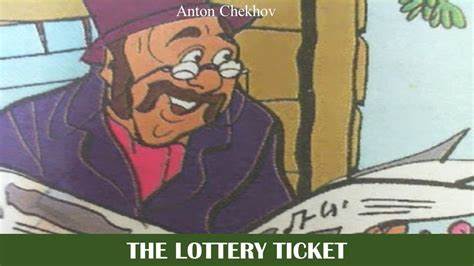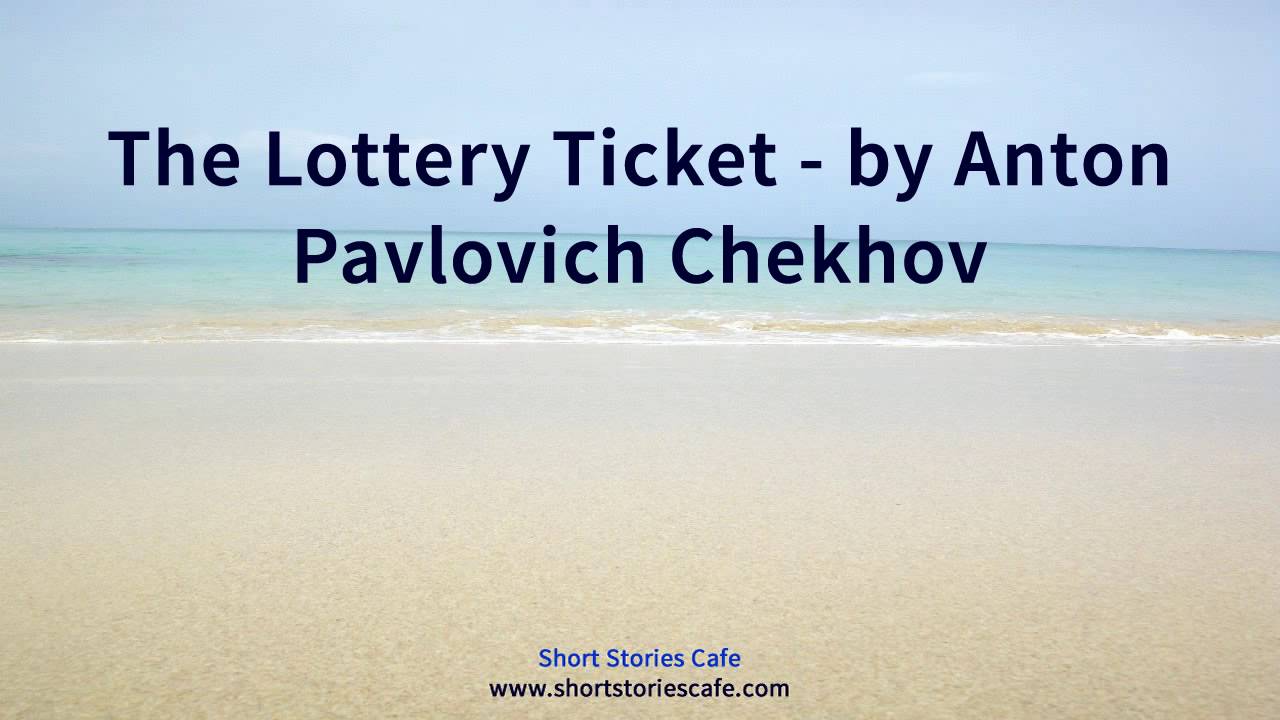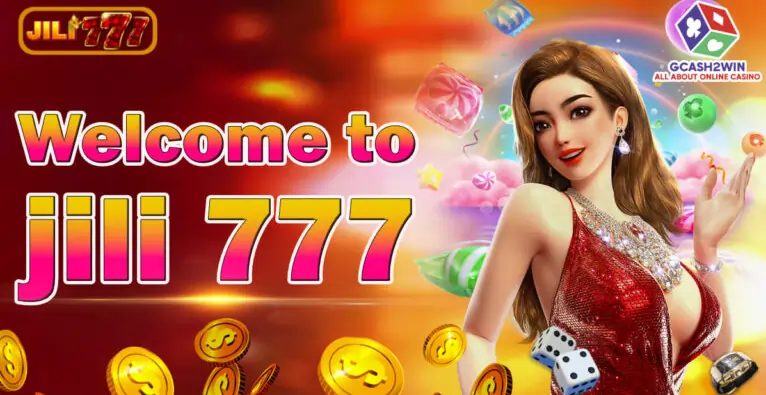A Critical Analysis of "The Lottery Ticket" by Anton Chekhov on Jili777
An Academic Analysis of "The Lottery Ticket" by Anton Chekhov: Themes, Structure, and Socio-Psychological Critique


Abstract
This article provides an in-depth academic analysis of Anton Chekhov’s "The Lottery Ticket," focusing on its narrative structure, thematic depth, and socio-psychological implications. Emphasizing key concepts such as chance, greed, and disillusionment, the study examines how Chekhov employs irony and symbolism to critique human aspirations and the pitfalls of material desire. The analysis underscores the enduring relevance of the short story in illuminating the complexities of wealth and the human condition.
1. Introduction
Anton Chekhov’s "The Lottery Ticket" stands as a seminal work in modern literature, renowned for its incisive exploration of human nature through the lens of chance and fortune. The narrative delves into the transformative allure of a potential lottery win and its subsequent impact on personal values and relationships. This article aims to analyze the short story by examining its narrative structure, key themes, and the socio-psychological critique embedded in Chekhov's prose. Central keywords such as The Lottery Ticket, Anton Chekhov, short story, chance, greed, and disillusionment form the basis of this analysis.
2. Historical and Literary Context
2.1 Historical Background
"The Lottery Ticket" was written during a period marked by significant social and economic changes in Russia. The historical context of the late 19th century provides insight into the societal aspirations and economic uncertainties that influenced Chekhov’s work. The story reflects contemporary concerns regarding wealth distribution and the moral consequences of sudden prosperity, serving as a microcosm of broader socio-economic dynamics.
2.2 Chekhov’s Literary Approach
Chekhov is celebrated for his minimalist narrative style and his ability to capture complex human emotions with subtle irony. In "The Lottery Ticket," Chekhov uses a concise narrative to reveal the psychological transformation of his protagonist as he oscillates between hope and despair. His use of symbolism—most notably, the lottery ticket as a metaphor for the ephemeral allure of fortune—demonstrates a sophisticated approach to thematic exploration and character development.
3. Narrative Structure and Plot Analysis
3.1 Plot Overview
The story follows the internal journey of a middle-class individual who envisions a radically transformed life upon the prospect of winning a lottery jackpot. As the protagonist daydreams about wealth and success, the narrative progressively exposes the inherent dangers of unchecked greed and unrealistic expectations. The plot’s progression—from initial optimism to eventual disillusionment—mirrors the unpredictable nature of chance and highlights the transient allure of unearned wealth.
3.2 Structural Elements
Chekhov’s narrative is structured to gradually build tension, starting with a seemingly benign everyday scenario and evolving into a profound psychological exploration. The linear progression of events is juxtaposed with the inner turmoil of the protagonist, who experiences a dramatic shift in perception as the fantasy of wealth becomes increasingly destabilizing. This structure accentuates the thematic focus on chance, greed, and disillusionment, creating a layered narrative that invites critical analysis.
4. Thematic Exploration
4.1 The Illusion of Fortune
At the core of "The Lottery Ticket" is the theme of the illusion of fortune. The lottery ticket symbolizes a tantalizing promise of wealth that captivates the protagonist’s imagination. Chekhov critiques the societal fixation on material success, suggesting that the mere possibility of sudden wealth can lead to moral decay and emotional turmoil. The repeated emphasis on wealth, fortune, and material desire underscores the cautionary nature of the narrative.
4.2 Greed and Psychological Disintegration
The protagonist's journey from hope to despair illustrates the corrosive effects of greed on personal integrity and interpersonal relationships. As his aspirations inflate, he becomes increasingly consumed by envy and disillusionment. This psychological disintegration is a critical aspect of the narrative, highlighting the dangers inherent in prioritizing financial gain over genuine human connection. Keywords such as greed, disillusionment, and psychological transformation are essential to understanding this dynamic.
4.3 Socio-Economic Critique
Beyond the personal, Chekhov’s story serves as a broader socio-economic commentary. It reflects the pervasive impact of economic aspirations on society, questioning the value placed on wealth and the societal structures that foster such desires. The narrative invites readers to reconsider the implications of a materialistic worldview and to acknowledge the potential for moral and social decline when wealth is pursued at all costs.
5. Literary Techniques and Symbolism
5.1 Use of Irony
Chekhov employs irony throughout the narrative to underscore the disparity between the protagonist’s dreams and reality. The ironic tone serves as a critical tool in revealing the inherent absurdity of equating happiness with financial success. This stylistic choice is pivotal in enhancing the story's thematic resonance, particularly in relation to disillusionment and material desire.
5.2 Symbolism of the Lottery Ticket
The lottery ticket itself is a potent symbol within the narrative. It embodies both the promise of sudden fortune and the inevitable disappointment that follows when reality contradicts fantasy. The recurring motif of the lottery ticket serves as a reminder of the ephemeral nature of wealth and the psychological risks associated with gambling on hope. The symbolism reinforces the key themes of chance, wealth, and disillusionment throughout the text.
6. Conclusion
Anton Chekhov’s "The Lottery Ticket" offers a nuanced exploration of human aspirations and the psychological consequences of the pursuit of fortune. Through its carefully structured narrative, rich symbolism, and incisive use of irony, the story critiques the transient allure of wealth and the inherent dangers of greed. The analysis underscores the enduring relevance of Chekhov’s work as a profound commentary on the human condition and socio-economic values.



